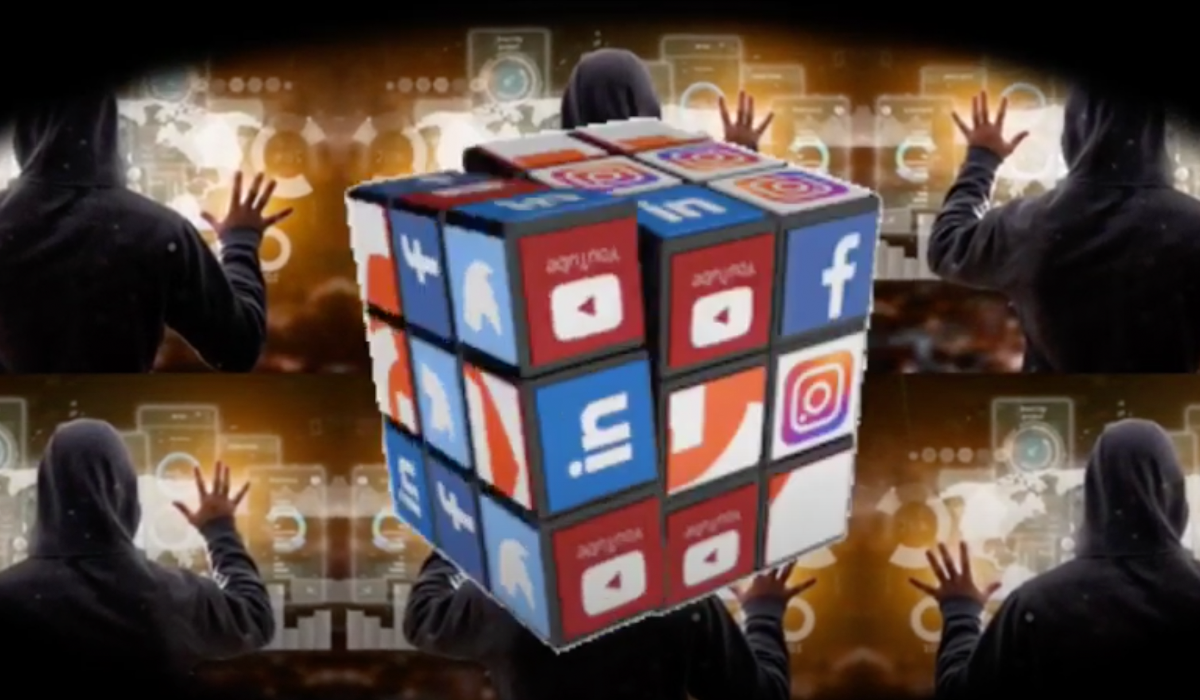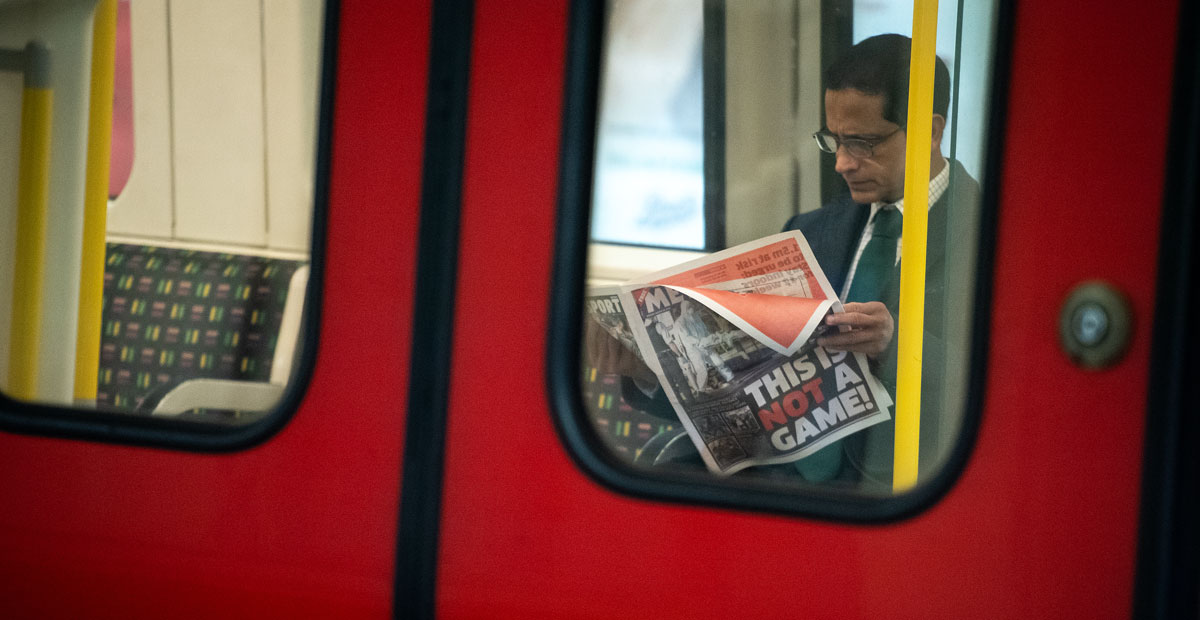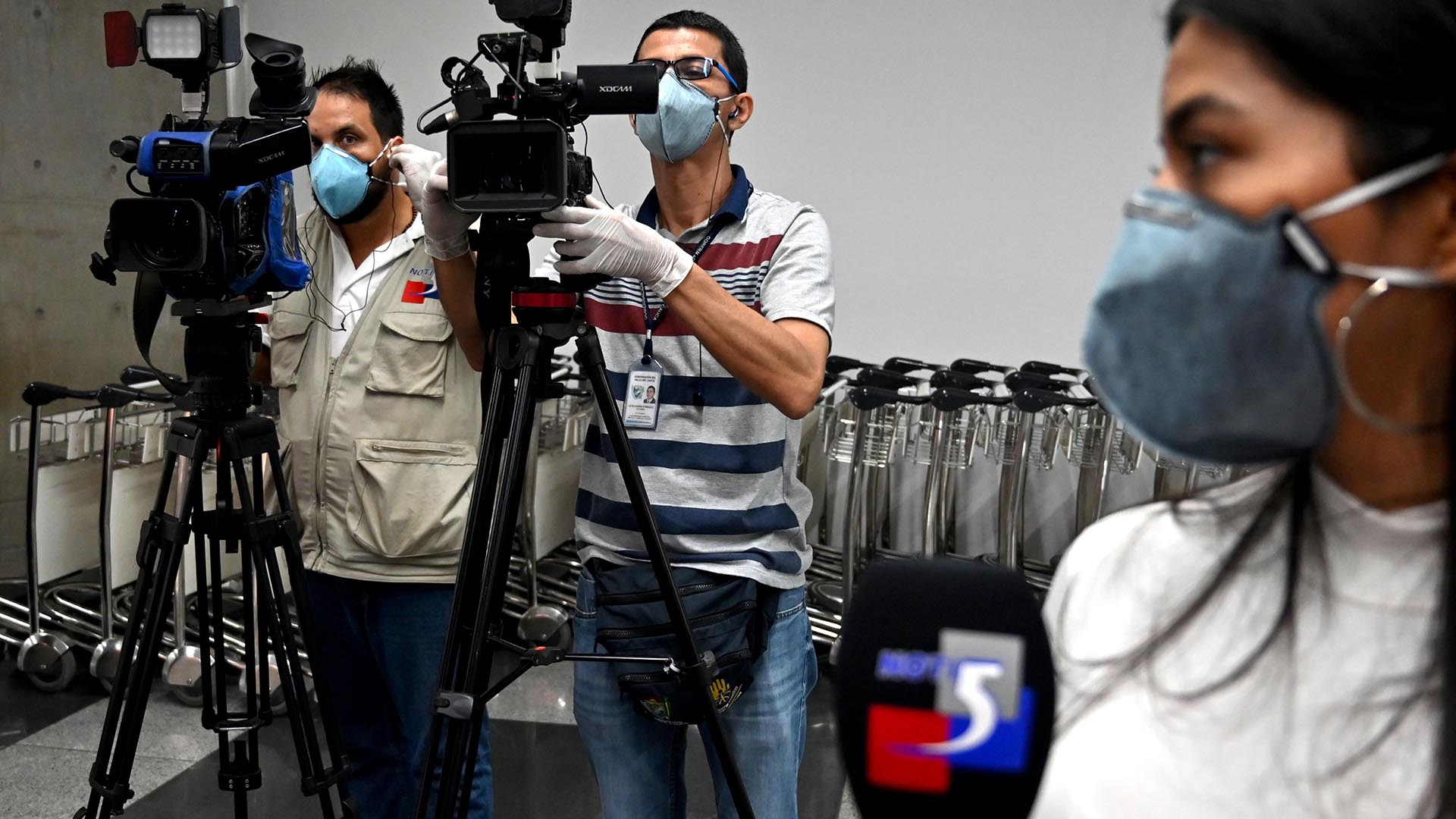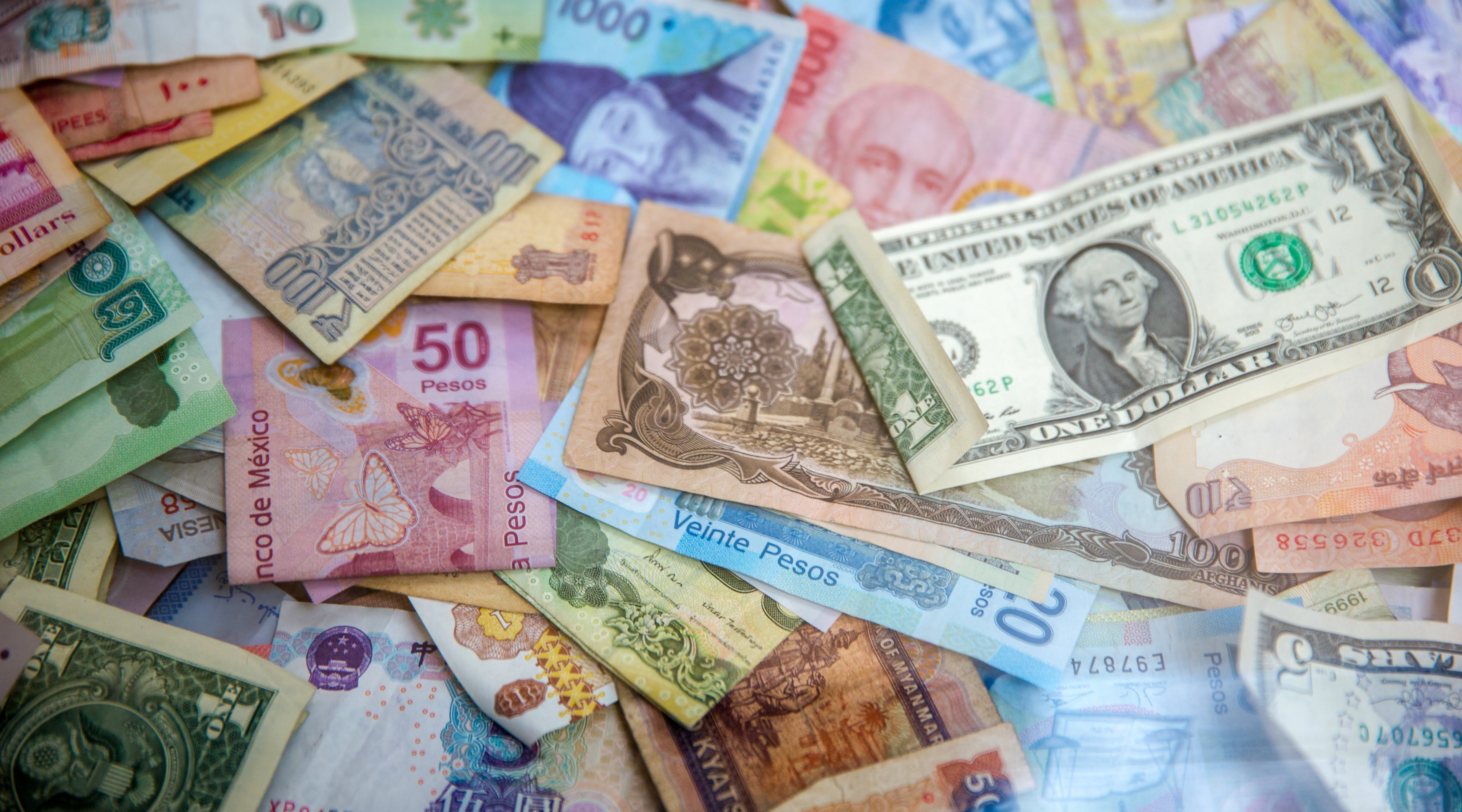Stories by investigative journalist Arturo Torres and his team at Código Vidrio have inspired a national campaign against misinformation in Ecuador.
As the editor of the Ecuadorian online news website, Torres has investigated the judiciary, the Revolutionary Armed Forces of Colombia (FARC) guerillas’ ties to Ecuador and scandal-plagued Brazilian multinational Odebrecht’s secret business dealings — and he has collaborated with the International Consortium of Investigative Journalists on investigations including Swiss Leaks and the Panama Papers.
Most recently, his stories have uncovered misinformation campaigns used to manipulate public opinion in Ecuador – inspiring a national campaign to battle misinformation. They have also provoked attacks on social media against the reporters behind the stories. Here is what ICIJ member Arturo Torres has learned about investigating misinformation in Ecuador.
Tell us about your latest investigations?
Since April, I have published three investigations about misinformation campaigns in social networks in Ecuador.
- El correísmo alcanza 9 millones de personas en Facebook sin pagar un centavo
- Ecuador, en el radar de desinformación mundial
- Así propaga el correísmo el virus del miedo en redes
What were the key findings of your investigations on misinformation?
In our first investigation, we found that the disinformation strategy in Ecuador flowed from 13 simultaneous campaigns on social networks designed to wear down the government, and taking advantage of the health crisis caused by COVID-19. At the head of the operation, involving at least 25 groups on Telegram and WhatsApp, we reported were the former President Rafael Correa, the Alvarado brothers (businessmen and former government ministers during Correa’s period) and some of Correa’s followers in exile in Mexico.
We then published a second feature showing that the Intelligence Secretary, the Communication Secretary and the Administration Secretary formed a trident, from which Rafael Correa, while in power, put together his machinery for information, propaganda and fake news on social networks.
Dozens of groups and accounts were created while Correa was in government on Facebook, Twitter, WhatsApp and Telegram, with thousands of supporters. Today, many of them are used for the dissemination of messages, true and biased, including audio, videos and false photos. The script includes massive accounts, influencers and attacks directed, according to reports from the intelligence apparatuses, by politicians supporters of Correa, taking their lead from the former president’s beliefs.
[Editor’s note: Ecuador authorities say they are investigating the role of the ex-President in attempts to destabilize President Lenin Moreno’s administration by criticizing his coronavirus response, having identified about 6,000 accounts responsible for posts which generated 180 million hits in one week alone.
Correa, now living in self-imposed exile in Belgium, has denied – through his lawyer – involvement in spreading fake news. Fernando Alvarado, one of the Alvarado brothers, has also denied any involvement in spreading fake news.]
What led you to investigate misinformation?
Since October 2019, “el movimiento correista,” Correa’s party, has led an aggressive campaign of misinformation and fake news against the current government, trying to promote a coup. For this operation, they constantly used cyber troops committed to manipulating public opinion against the government over social media. Most of these digital troops were created eight years ago under Correa’s administration. They have used several strategies, tools and techniques for social media manipulation. Their teams have an overarching communication strategy that involves creating official government applications, websites or platforms for disseminating content; using accounts, either real, fake or automated, to interact with users on social media; or creating fake content such as images, videos or blog posts. Lately they have been very active. So Código Vidrio has been investigating this matter for months.
There have been active attacks on social media as a result of your reporting, including some against you. Who is making these attacks? What do they hope to achieve? How serious are they?
The former president Rafael Correa attacked me on his Twitter account twice in April, after the publication of several articles on the website that I lead, Código Vidrio. Then, some of his followers threatened me. They also released tricked videos, from two social media accounts, trying to slander me and asking their followers to report my account on Twitter.
Lamentablemente, Arturo Torres @Cascabelito09 es miembro de ICIJ, el consorcio de periodistas que denunciaron los Panama papers.
¿Cómo puede tener el ICIJ a un sinvergüenza vendido a un Gobierno corrupto como miembro?
¡Se derrumbaron del pedestal donde los tenía! https://t.co/BY3zNNBEkW— Rafael Correa (@MashiRafael) April 26, 2020
Tercer “escándalo” que este periodista$$ saca para difamarnos y proteger al Gobierno$$
1 Las “redes” de “fake news”
2 El detalle de mis ingresos🥱
3 Coca Codo
Llamarla “monumento al despilfarro” es sencillamente DEMENCIAL.
Exportamos y entrega electricidad hasta a Guayaquil. https://t.co/aRWQuq2uSl— Rafael Correa (@MashiRafael) April 23, 2020
What actions have been triggered by your investigation on misinformation?
Several other media groups have published our investigation and the government and other organizations started a national campaign against fake news and misinformation. We are also starting a project that will allow us to permanently work in investigations related to this topic.
What advice would you give to other journalists who would like to work on these kinds of investigations?

It is essential to have a very clear idea of the motivations and practices involved, who are the players and what is their strategy. It is important to understand how the misinformation harms society and democracy. And the role of solid and independent journalism in revealing it.
What tips would you have for someone starting to work as an investigative journalist in Latin America now?
- Be loyal to the readers and to the truth.
- Always have in mind your social responsibility and ethics.
- Be rigorous and methodical.
- Persistence is key, a good investigation requires patience and strategy.
- Be innovative, think outside the box.
What are the investigations you have worked on you feel more proud of?
- The revelation of corruption and embezzlement concerning court judges and their link to a political party. As a result of this assignment, whose follow-up lasted six months, I won the first Best Latin American Journalism Investigation for Corruption, presented by the Press and Society Institute (IPYS), International Transparency and the Open Society Institute.
- The FARC guerrilla’s connections in Ecuador.
- The hidden stories of Odebrecht in Ecuador.
- Why was the journalistic team of El Comercio newspaper kidnaped and murdered in 2018 in the border with Colombia?
What are the biggest challenges investigative journalists face in Ecuador?
To keep working on independent websites and get enough economic resources to make it through the coronavirus crisis.
What is the biggest challenge you face in your reporting?
To get accurate information from different sources, combined with testimonies and prospective analyses. Because of the coronavirus and the lockdown, I now have to obtain information virtually, from web platforms, social media and telephone calls.
What kind of pressures are you facing as a consequence of the coronavirus? Is the government restricting access to information or otherwise?
The main restrictions are because of the lockdown; in most of the cases the government doesn’t restrict our access to information. Another problem has been the access to accurate and timely government information.
Have you faced any new barriers to your reporting while trying to cover coronavirus or other topics during the pandemic?
No, I have not. But I know someone who has: Brent McDonald, a journalist from the New York Times, attempted to fly a drone with his team over a mass burial site in Guayaquil, but Ecuadorian soldiers forced them to bring it down and temporarily confiscated their footage.



